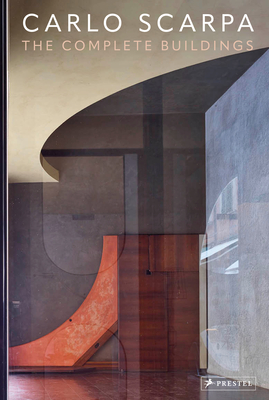
Engel, Heino
product information
description
8A remarkable classic work on traditional Japanese architecture, and how the style and features can serve as a model for contemporary residential buildings. With incredible detail (as well as numerous architectural plans and drawings), author and architect Heino Engel describes everything from room functions and the flexibility of partitions to the influence of human anatomy on Japanese units of measure. Rather than exploring why the traditional Japanese house is built the way it is, Engel delves into the practical information: what the Japanese house is and how it is built. This book is not simply a description of the features of the Japanese house, but "an invitation to probe the possibilities of utilizing this architectural achievement of the Japanese...in modern living and building," according to the author, who further believes that the unique details of the Japanese house are better suited as a pattern for contemporary housing than any other form of residential structure. With a new foreword by architect and professor Mira Locher, Fellow of the American Institute of Architects, this updated hardcover edition brings this popular work to modern readers--in hopes that they may find ideas to adopt into their own home.
member goods
No member items were found under this heading.
Return Policy
All sales are final
Shipping
No special shipping considerations available.
Shipping fees determined at checkout.







